 (1).jpg)
16 August 2021 - 12:39 BY Louw
Character Diary
When I receive a script, the first thing I do is to make sure I set out a time (usually 2 hours 30min) to read the script in one sitting. This is the best way to have a first impression and allow your instinct to kick in.
The important part starts now, where you use a character diary.
How to use it: write down your first impressions of the story and your character, the personality traits of your character that stand out, what other characters say about your character, thought patterns or the psychology of your character that you pick up (ex. very confident, manipulating etc.), ideas that pop up on the character, inspirations (photos, quotes, lines from script, drawings etc.), write the shooting schedule out in order of shooting – scene number, short scene description, what happened before this scene (right before – where do you come from - and work your way to other key moments that have passed), what the scene is about – summary from your characters point of view on the scene, personal character thoughts through the whole scene – like an in-the-moment diary journal technique, and then the bottom-line at the end.
Without going into too much detail but the main ideas that will help any actor understand the text/script in whole, what the writer is trying to say or ask, what the tone is, what the main idea or premise is about, who this story is about, where you (character) fit in, what your purpose is within the story and what your main objective/need are in the story.
Before you start to write details in your character diary, re-read the script with a pencil before going any further. Mark words, write little ideas and thoughts, physicality, blocking or opinions next to these lines that jump from the script. Also, mark the scenes which you find problematic or that you do not understand or find truthful or just maybe sits weird or dialogue that does not flow etc.
This marking with a pencil on your second read helps you with honest brainstorming as you start this journey. Always write down questions next to scenes to help you; “Why doesn’t she just tell him?” or “Would it be because he still feels guilty?” etc.
We are complex as human beings and asking yourself questions helps to layer a performance. Write down and ask questions, always keep on asking questions.
In your character diary, write down the timeline of your character’s journey within the script. A film will not always be shot in chronological order or contain flashbacks (scenes that happened earlier in the character’s life). Starting with scene one to where your character has their last scene.
Mapping Relationships – within your diary, this is important, write down all the characters your character has a relationship with or encounters. Next to each, write down the relationship with them; safe and reliable, never knowing where you stand with them, always fighting, agitated, infatuated, extreme love etc. Find these relationships with each character you encounter in the film – this helps the logic of behaving differently with different people. I don’t act the same when I am with my mother as with my friend or girlfriend as with my grandma or teacher… Now your character becomes more human and three dimensional.
"The script, I always believe, is the foundation of everything." - Ewan McGregor
Character diary refers to lesson 6 in A Practical Introduction To Film Acting
How did you find the technique/tool/advice? Did it work for you? What was different this time? Share with the tribe and let’s keep on creating beautiful, honest and memorable performances. Let’s execute our best selves!
Kind regards
Edwin van der Walt
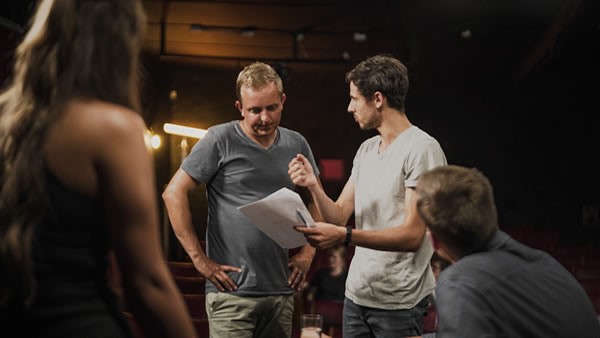
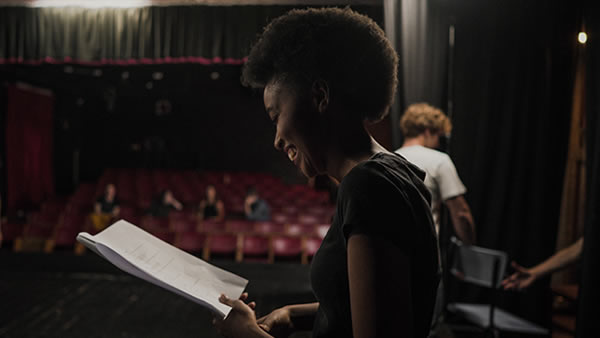

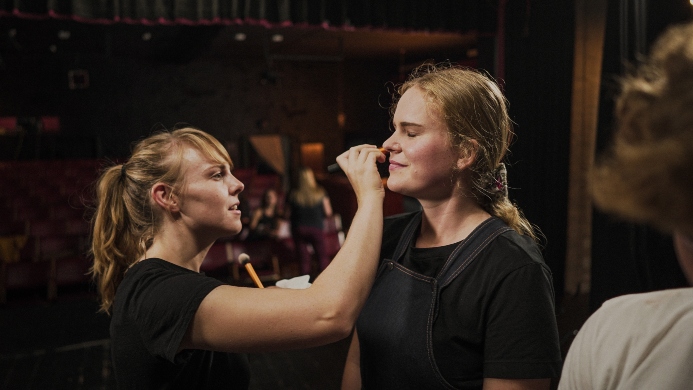
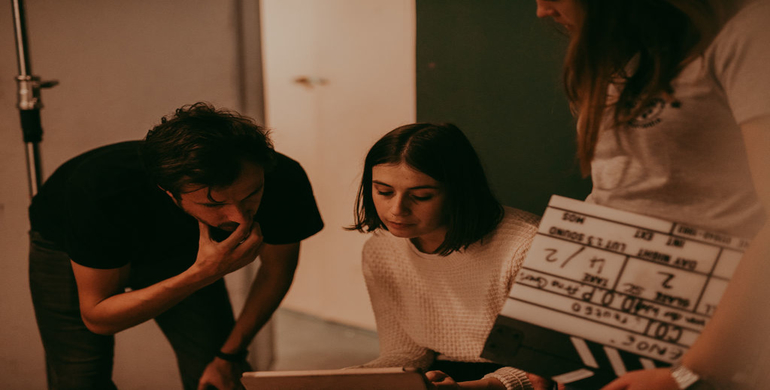

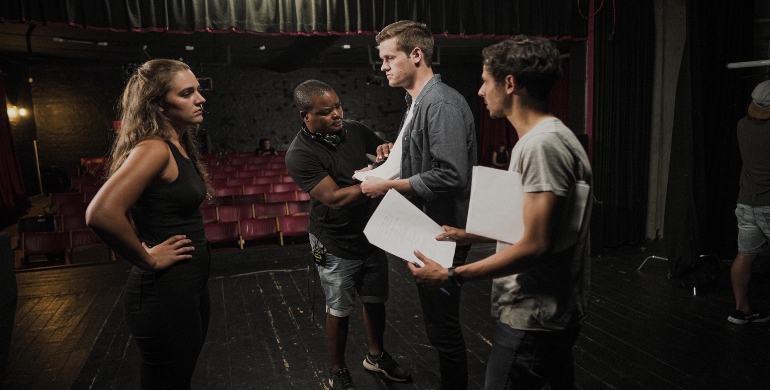



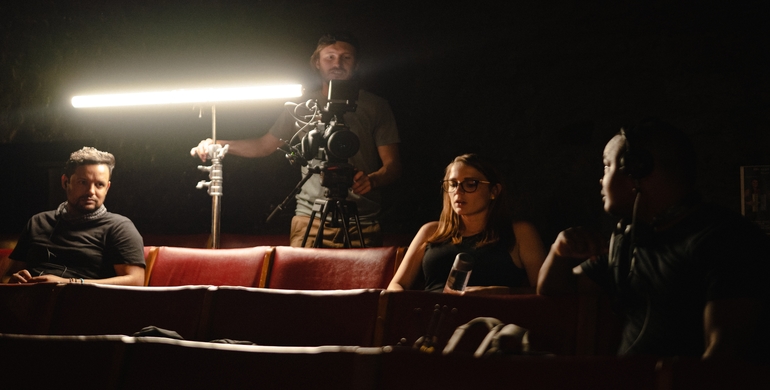
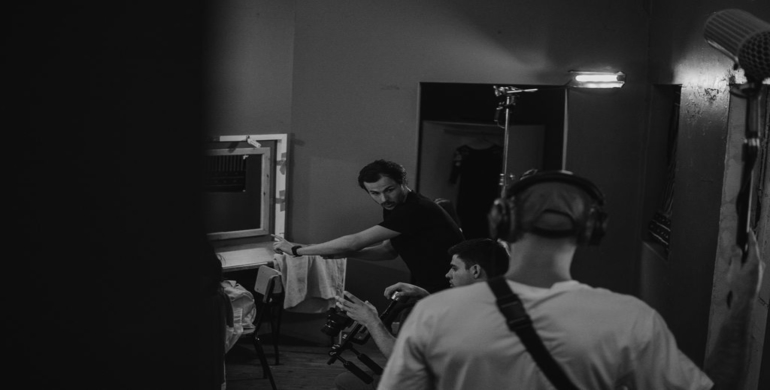
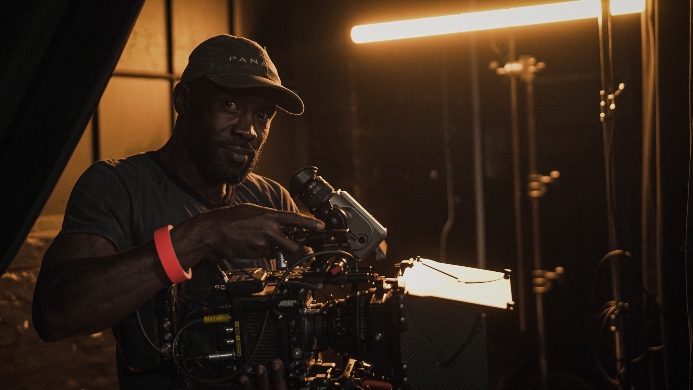
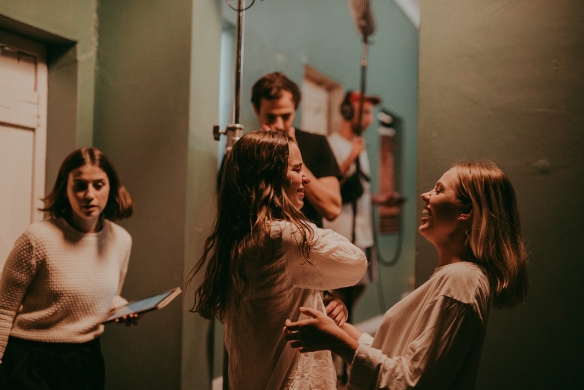
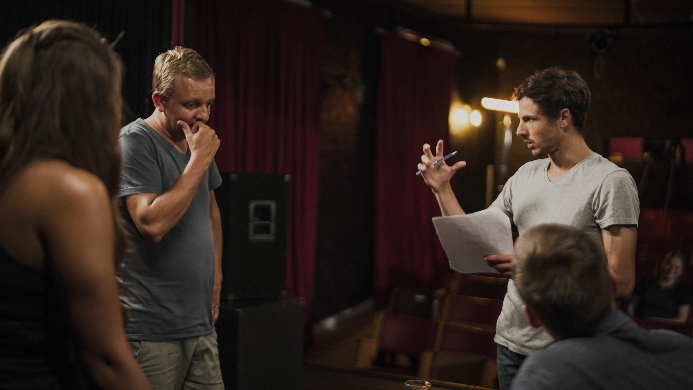
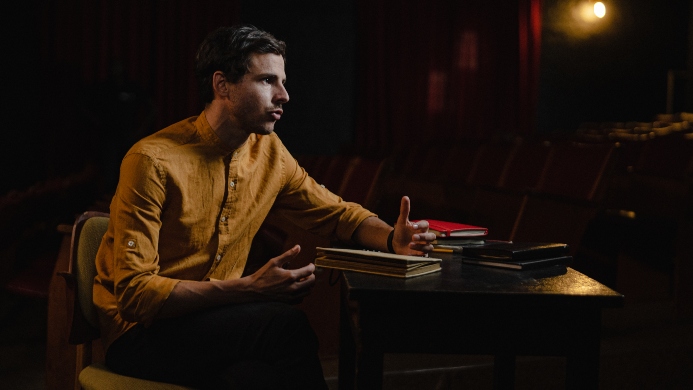
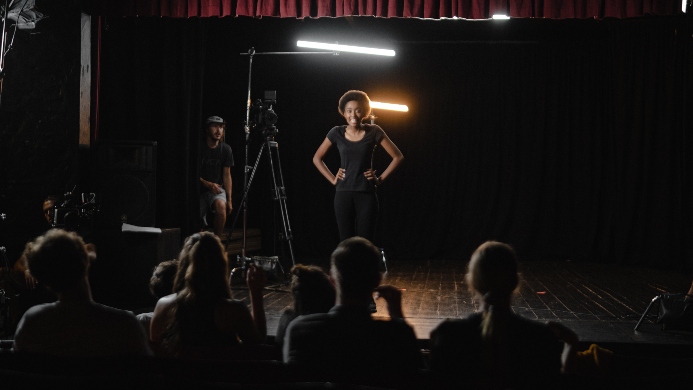

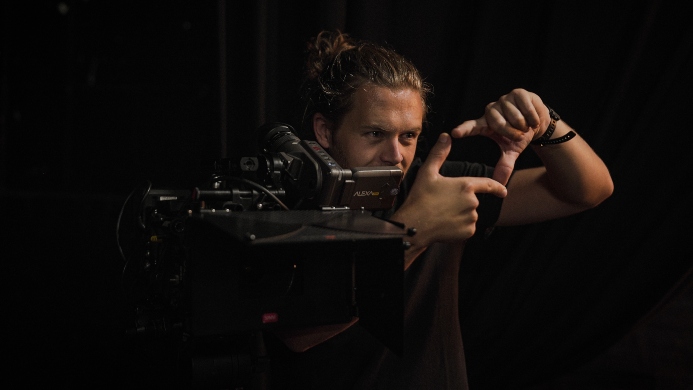
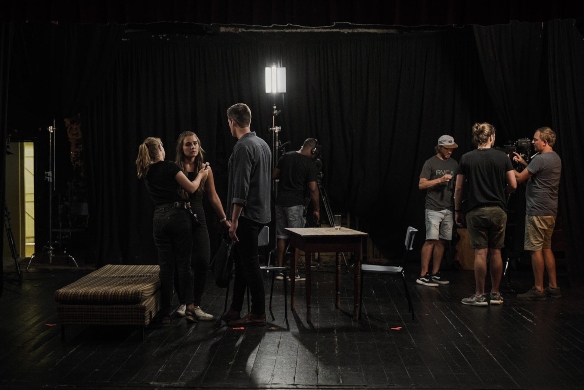

 1.jpg)
.jpg)
 (1).jpg)
 (1).jpg)
 (1).jpg)
 (1).jpg)
 (1).jpg)
 (1).jpg)
 (1).jpg)
 (1).jpg)
 (1).jpg)
 (1).jpg)
 (1).jpg)
 (1).jpg)
 (1).jpg)
 (1).jpg)
 (1).jpg)
 (1).jpg)
 (1).jpg)
 (1).jpg)
 (1).jpg)
 (1).jpg)
 (2).jpg)
 (1).jpg)
.jpg)
 (2).jpg)
 (1).jpg)
 (1).jpg)
 (1).jpg)
.jpg)
 (1).jpg)